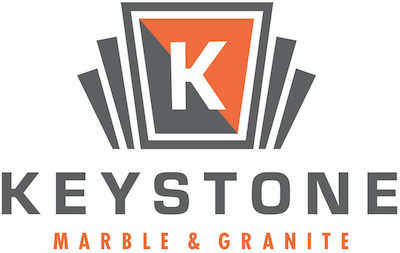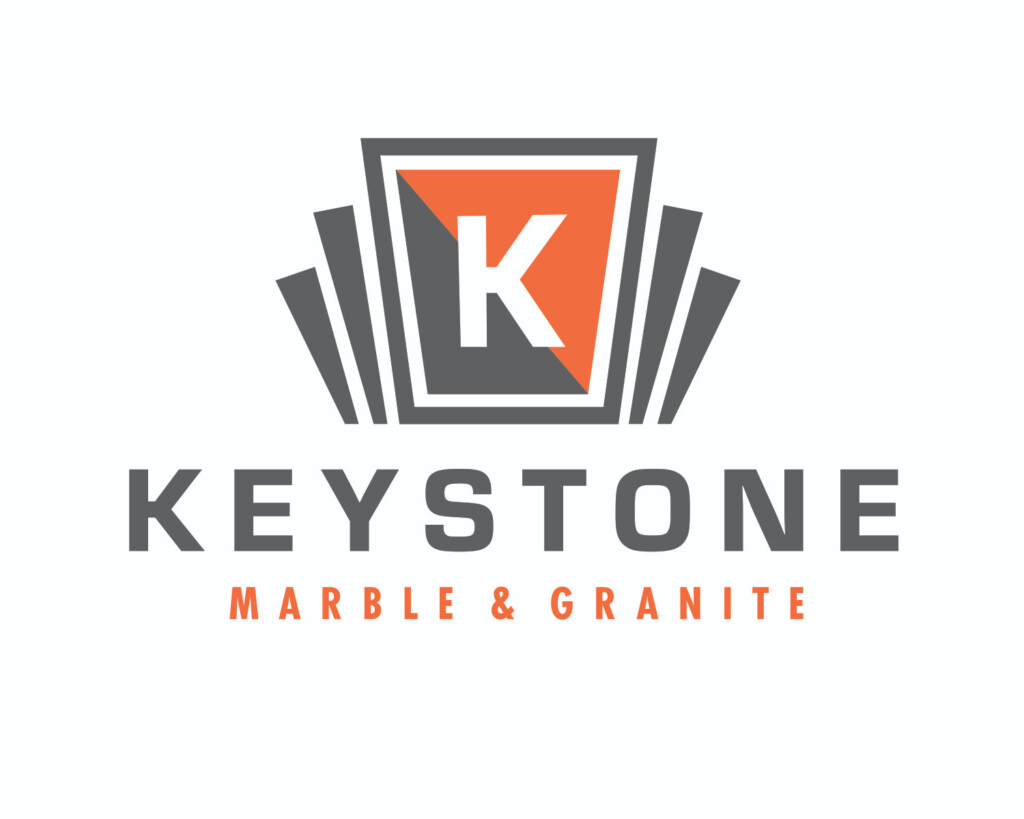Most people think that Silestone and Corian, both manmade stones, are the same type of kitchen countertops. They are simply different brands, such as Cambria and Caesarstone are different brands of engineered quartz. The facts are somewhat more complicated.
Corian versus Silestone
The first thing you need to know about Corian and Silestone is that they are completely different category of countertop materials. Both are quite popular for use as kitchen countertops, and they are both excellent products in their own way.
Corian is the first of the solid surface brands, initially introduced in the kitchen countertop market in the 1960s. The patent for producing other solid surface brands belongs to Corian’s mother company, DuPont.
Silestone is one of the brands under Cosentino, and first come out into the market in 1990. It uses the Bretonstone process, the same one used to create all engineered stones in the world.
Corian is a solid surface material, and Silestone is an engineered stone. What is the difference?
Parts of a whole
The main difference between solid surface and engineered stone is in the composition. A solid surface material is about one-third resin, while engineered stone is mostly stone materials. It would be safe to say that engineered stone such as Silestone is more natural than solid surface material such as Corian because of the composition.
Engineered stone materials have a great variation in composition. Some use a mix of natural stone materials such as crushed marble and granite dust, while others use primarily quartz materials.
• Silestone is about 94% natural quartz, mainly crushed stone and small pebbles, and 6% resins and pigments.
• Corian, on the other hand, is one-third (33%) polymethyl methacrylate resin and two-thirds (66%) minerals, mainly the mineral ore bauxite, from which aluminum comes.
It seems clear that Silestone has considerably more mineral content than Corian, about 28%. By that fact, Silestone is a more natural product than Corian, although both are still manmade.
Characteristics
The composition has a lot to do with the characteristics of the final product. Below are some of these characteristic differences.
Hardness
Because Silestone is made mainly of natural quartz, which is an extremely hard mineral rating a 7 in the Mohs hardness scale, so it is extremely durable. Bauxite, on the other hand, only rates a maximum of 3 on the same scale. Between the two, Silestone is a better choice for hardworking kitchen countertops.
Stain resistance
Both Corian and Silestone are non-porous and stain-resistant to various substances. Corian resists stains from Class I reagents such as ketchup, coffee, and olive oil. However, it is not resistant to Class II reagents, such as paint removers and drain cleaners. On the other hand, the quartz in Silestone, which is primarily silicon dioxide, resists stains from a wider range of reagents, including Class I and II reagents.
Food safety
Corian and Silestone both have antimicrobial properties that retard or prevent the growth of harmful bacteria and molds, which make them ideal for use as kitchen countertops. Corian claims this is an inherent characteristic of the material, while Silestone refer to the addition of silver ions in the material as part of its bacteriostatic formula.
Warranty
Manufacturers of manmade countertop materials typically provide a warranty to their buyers. DuPont, which manufactures Corian among other manmade stone products, backs its solid surface brand with a 10-year limited warranty. Cosentino, which manufactures Silestone, backs its main engineered quartz stone brand with a 15-year limited warranty.
Color options
The great thing about manmade products is manufacturers can create an unlimited range of colors and designs. Corian has about 107 colors currently, while Silestone has about 60 colors. However, it is worth noting that Corian lacks the luster, shine and depth of Silestone, and is less successful at mimicking the look of natural stone than its engineered quartz counterpart. This is not necessarily a bad thing for homeowners looking for a matte finish and a different look to their kitchen countertops. Otherwise, Silestone is the better option.
Radon gas
Some people claim that natural stones emit a cancer-causing gas called radon, and that they present a health hazard to inhabitants in a home. Granite has been especially targeted in this aspect. While it is entirely true that natural stone does emit radon gas, the amount is so tiny that it does not present any kind of risk to anyone. Silestone is mainly composed of natural quartz but has been tested and shown to emit extremely low or no amount of radon gas. No radon gas emissions have ever been found in Corian countertops.
Conclusion
A comparison of Silestone and Corian countertops shows that while both are excellent products. However, Silestone does have a bit of an edge over Corian in looks, durability, and stain resistance. Many people also have the idea that Corian is a sort of poor cousin natural stone and engineered quartz. So, it does not increase the value of the home as much.
If you are considering natural stone or Silestone for your kitchen countertops or bathroom vanities, do not hesitate to get in touch with Keystone Marble and Granite. We provide free professional design consultation and quotes, so you know exactly where you are before committing. We also have a quick turnaround, so you will get your products on time and on budget.
With showrooms in Lancaster and Horsham, Pennsylvania as well as New Castle, Delaware, we will walk you through each slab and explain how each can benefit you in your kitchen or bathroom remodel. If you prefer solid colors, we carry the top brands in the engineered stones industry such as Cambria, Caesarstone, Silestone, and MSI, all with manufacturer warranties.
We are experts at fabricating and installing granite counters. You can be confident that you will get the very best in product and service quality. We service the areas surround Columbus, Ohio, Delaware cities, Lancaster and Philadelphia, Pennsylvania,
Give us a call or send us an inquiry through our website to get started!


